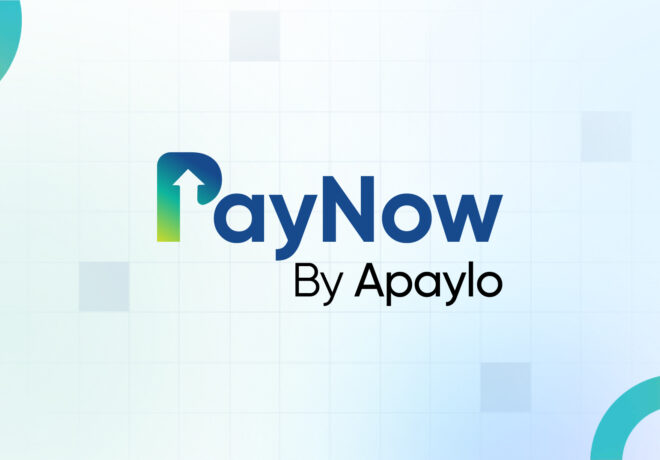In past blogs, we have attempted to introduce our readers to the complex and interesting world of Cryptocurrency- by defining the basics of how it operates, plus its key functions.
We addressed this in a two-part blog series that can be found here:
Many novice users who will have opened online accounts and acquired their first investment in Bitcoin (or any of the other thousands of Cryptocurrencies available to choose from) and now own their first stake in digital cash will need a payment network that includes accounts, balances, and transactions.
The major challenge in using your account and making payments is maintaining a full consensus across the network regarding these payment records. If the peers in the network do not agree about even a single, minor balance- everything in the network is broken. There needs to be an absolute, 100% consensus for the system to work properly. It normally takes the intervention of a central authority to declare the correct balance. But the major problem therein was how can consensus be achieved when the Cryptocurrency system lacks a central authority?
This was a problem no one knew the answer to- until Satoshi Nakamoto– the inventor of the Cryptocurrency system- first emerged in 2008. Nakamoto solved this problem by proving it was possible to achieve consensus without a central authority (like a government regulatory entity).
This is the essence of Cryptocurrency- a peer-to-peer electronic cash system without the interference of Central Banks and government institutions (and the potential manipulation and corruption that comes with it.)
Back to the basics- a Cryptocurrency consists of a network of peers who have a record of the complete history of all transactions performed- and the balance in every account. When a transaction between two parties is performed- a file that is signed by the sender’s private key (which is encrypted to protect their privacy) and states, “Sender gives X amount of Bitcoin to Receiver”; and once signed, the transaction is broadcasted across the network to every peer in the system.
The transaction is recognized immediately by the whole network- and after a specific amount of time, will get officially confirmed. Confirmation is critical in cryptocurrency transactions; because as long as a transaction remains unconfirmed- its status is ‘Pending’ and open to forgery. Once confirmed, it is set in stone and cannot be forged or reversed. It becomes part of a permanent, unerasable record of transactions that make up the blockchain.

Only miners of cryptocurrency can officially confirm transactions- this is the primary function of their job. They stamp the transactions- which confirms them as being legitimate- and then spread them across the network. After confirmation, the transaction becomes part of the blockchain. For their part in facilitating the transaction, the miner is rewarded with their own token of the cryptocurrency. This is the essence of cryptocurrency mining – which is a complex process wherein more amounts of the Cryptocurrency are added into the supply- albeit on a minimal basis. Cryptocurrency is not like fiat currency- which is the paper money we use that is made legal solely by the government’s approval- and can print as many of these bills as they want – which opens the door to rampant inflation and other problems. Cryptocurrency aims for its supply to be as finite as possible- to prevent inflation- somewhat similar to the formerly-used Gold Standard.
“
In the next few years, we are going to see national governments take large steps towards instituting a cashless society where people transact using centralized digital currencies. Simultaneously, the decentralized cryptocurrencies- that some even view as harder money-will see increased use from all sectors.
– Caleb Chen
More information on cryptocurrency networks and mining can be found here: https://blockgeeks.com/guides/what-is-cryptocurrency/






